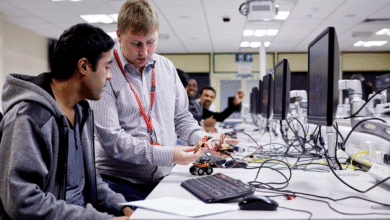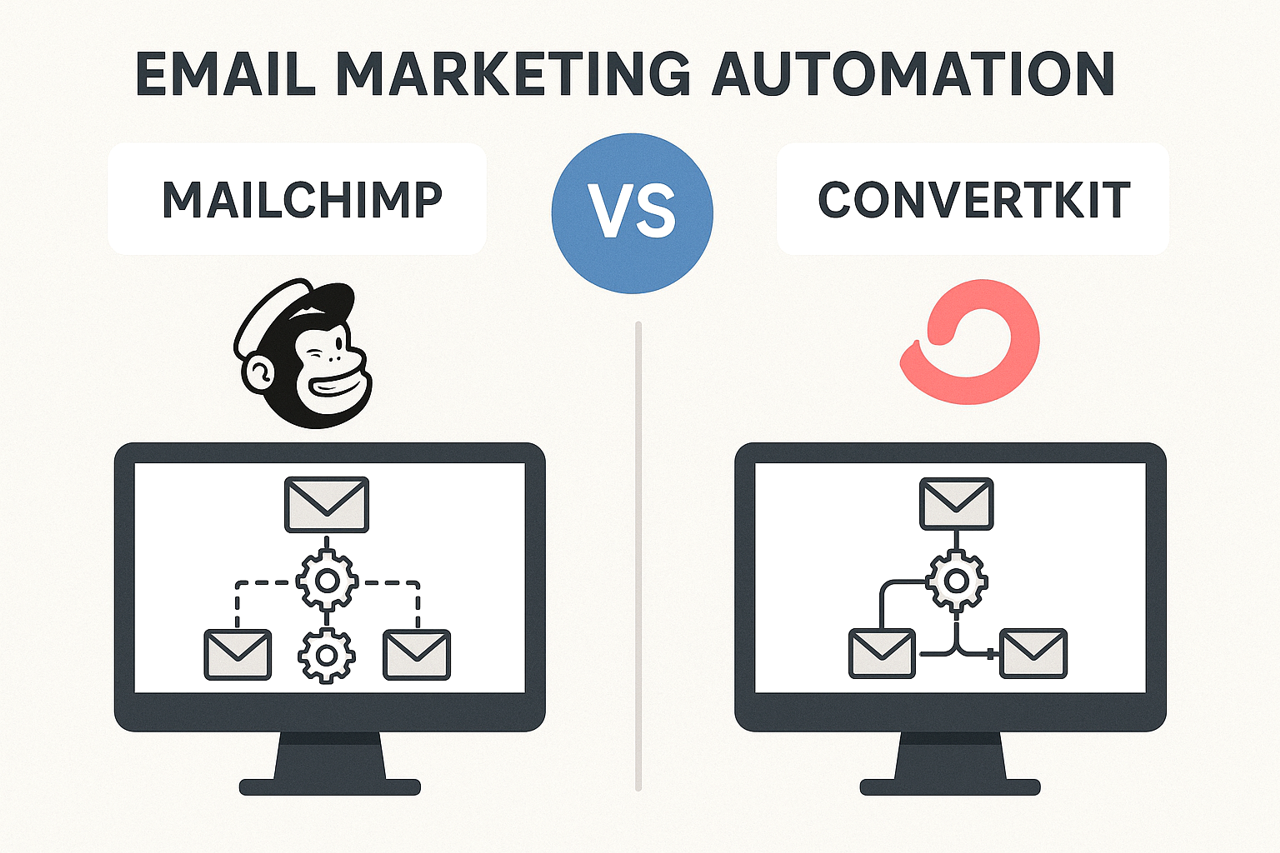
The United Kingdom has long been a global hub for scientific innovation. From Sir Isaac Newton’s theories to the invention of the World Wide Web by Tim Berners-Lee, British labs have helped reshape our understanding of the world. Today, the focus is on cutting-edge solutions that promise to change how we live, work, and interact with the environment. Across universities, tech hubs, and government-funded research centers, scientists are exploring some of the most advanced breakthroughs of the 21st century. This article dives into 5 futuristic technologies British labs are testing right now, revealing just how close we are to a world once thought of as science fiction.
1. Quantum Computing: Unlocking Unimaginable Power
British labs, especially the renowned Quantum Technology Hub in Oxford, are at the forefront of developing quantum computing. Unlike traditional computers that rely on binary (0s and 1s), quantum computers use quantum bits (qubits) that can exist in multiple states simultaneously. This makes them exponentially more powerful for solving complex problems, such as simulating molecules for drug discovery or optimizing global logistics networks.
How It’s Being Tested:
-
Researchers are building cryogenic quantum chips that operate near absolute zero temperature.
-
British Telecom and academic institutions are collaborating on quantum communication to create unhackable networks.
-
The UK government’s £1 billion investment into the National Quantum Technologies Programme highlights the importance of this field.
Why It Matters:
Quantum computing could revolutionize industries from healthcare to cybersecurity. For example, banks can use it for faster fraud detection, while scientists could develop cures for diseases much faster than today’s methods allow.
2. Artificial Intelligence for Predictive Medicine
Another of the futuristic technologies British labs are testing is AI-powered predictive medicine. At institutions like University College London (UCL) and Cambridge University, machine learning algorithms are being trained to diagnose diseases before symptoms even appear.
Current Projects:
-
The NHS AI Lab is working with AI companies to predict patient outcomes, identify early signs of cancer, and reduce emergency hospital admissions.
-
Labs are developing genomics-based AI tools to personalize treatment plans for diseases like diabetes and heart conditions.
-
British researchers are training models using national health data sets, ensuring robust and diverse predictive capabilities.
Impact on Healthcare:
Imagine visiting your GP and getting a personalized health risk profile in minutes. That’s the promise of predictive AI. It not only saves lives but also reduces healthcare costs and pressure on medical staff.
3. Lab-Grown Organs: Redefining Transplant Medicine
The field of regenerative medicine is experiencing a renaissance in the UK. British scientists are now cultivating lab-grown organs, a significant leap forward in solving the organ donor shortage crisis.
Where It’s Happening:
-
The Francis Crick Institute and the University of Edinburgh are developing bioprinted tissues and miniature organs (organoids) using stem cells.
-
Collaborations with NHS Blood and Transplant aim to scale up production for human trials.
How It Works:
Using 3D bioprinters, researchers create structures layer-by-layer that mimic the human heart, liver, or lungs. These structures are populated with a patient’s own cells, reducing the risk of organ rejection.
Potential Benefits:
-
End the reliance on organ donors.
-
Enable personalized transplants that integrate seamlessly into the recipient’s body.
-
Reduce waiting times and post-surgery complications.
4. Green Hydrogen Energy: Powering a Sustainable Future
Among the futuristic technologies British labs are testing, green hydrogen energy stands out for its environmental impact. This clean energy source is produced by splitting water into hydrogen and oxygen using renewable electricity—creating zero-emissions fuel.
Leading Initiatives:
-
The Harwell Science and Innovation Campus is experimenting with green hydrogen production techniques.
-
Companies like ITM Power in Sheffield are working on electrolyzer systems for scalable hydrogen generation.
-
The UK government’s Hydrogen Strategy aims to create 9,000 jobs and cut carbon emissions drastically by 2030.
Applications:
-
Fuel for public transport and logistics fleets.
-
Energy storage solutions to stabilize the power grid.
-
Clean energy for industrial processes such as steel manufacturing.
Why It’s Crucial:
As Britain aims to achieve net-zero emissions by 2050, green hydrogen could be a game-changer. It offers a sustainable solution for sectors where electrification is impractical.
5. Smart Contact Lenses with Augmented Reality
The integration of augmented reality (AR) into everyday life is no longer just a concept in sci-fi movies. British labs are now developing smart contact lenses capable of projecting digital overlays onto the real world—right from your eye.
Who’s Leading the Charge:
-
Startups like Innersight Labs and university spin-offs from Imperial College London are creating prototypes that blend micro-LEDs and sensors into lenses.
-
These lenses can connect to smartphones via low-latency Bluetooth or similar tech for real-time updates.
Use Cases:
-
Medical: Monitoring glucose levels for diabetics or blood pressure changes.
-
Military: Real-time tactical information in combat scenarios.
-
Consumer: Navigation, facial recognition, and even instant translation for travelers.
Future Implications:
This tech could replace smartphones, glasses, and smartwatches in the near future. It’s an intuitive, immersive way to access digital data, hands-free and on-the-go.
Why Britain Is Leading the Charge in Futuristic Research
The rise of futuristic technologies British labs are testing it; it’s no coincidence. The UK government, private sector, and academic institutions maintain a symbiotic relationship that fuels innovation.
Key Enablers:
-
Funding: UK Research and Innovation (UKRI) supports thousands of breakthrough projects.
-
Talent: British universities consistently rank among the best in the world, attracting top minds.
-
Infrastructure: From Silicon Fen (Cambridge) to the Golden Triangle (London–Oxford–Cambridge), the UK boasts a network of top-tier research facilities.
Challenges Along the Way
While the innovations are promising, there are hurdles to clear:
-
Ethical concerns around data privacy and human enhancement.
-
Regulatory delays in approving medical or energy-based technologies.
-
Funding gaps for transitioning from lab-scale prototypes to market-ready products.
However, ongoing government initiatives like the Advanced Research and Invention Agency (ARIA) are designed to cut red tape and accelerate these transitions.
Conclusion: A Vision of Tomorrow, Made in Britain
The futuristic technologies British labs are testing today are shaping the way we will live tomorrow. Whether it’s quantum computing or lab-grown organs, these innovations have the potential to redefine industries and improve lives globally. As we look to the future, one thing is clear: the UK’s scientific community isn’t just imagining the future—they’re building it.
Key Takeaways
-
Quantum Computing: Pushing the Boundaries of Processing Power.
-
AI in Predictive Medicine: Transforming Diagnostics and Patient Care.
-
Lab-Grown Organs: Reducing reliance on donors and enhancing transplant outcomes.
-
Green Hydrogen: Leading the charge toward a net-zero future.
-
Smart Contact Lenses: Making augmented reality truly wearable.
Call to Action
Are you inspired by what the future holds? Keep an eye on Britain’s science and tech sector. Follow research institutions, read scientific publications, or support tech-driven startups leading this futuristic transformation. The world is changing fast—and Britain is helping lead the way.







